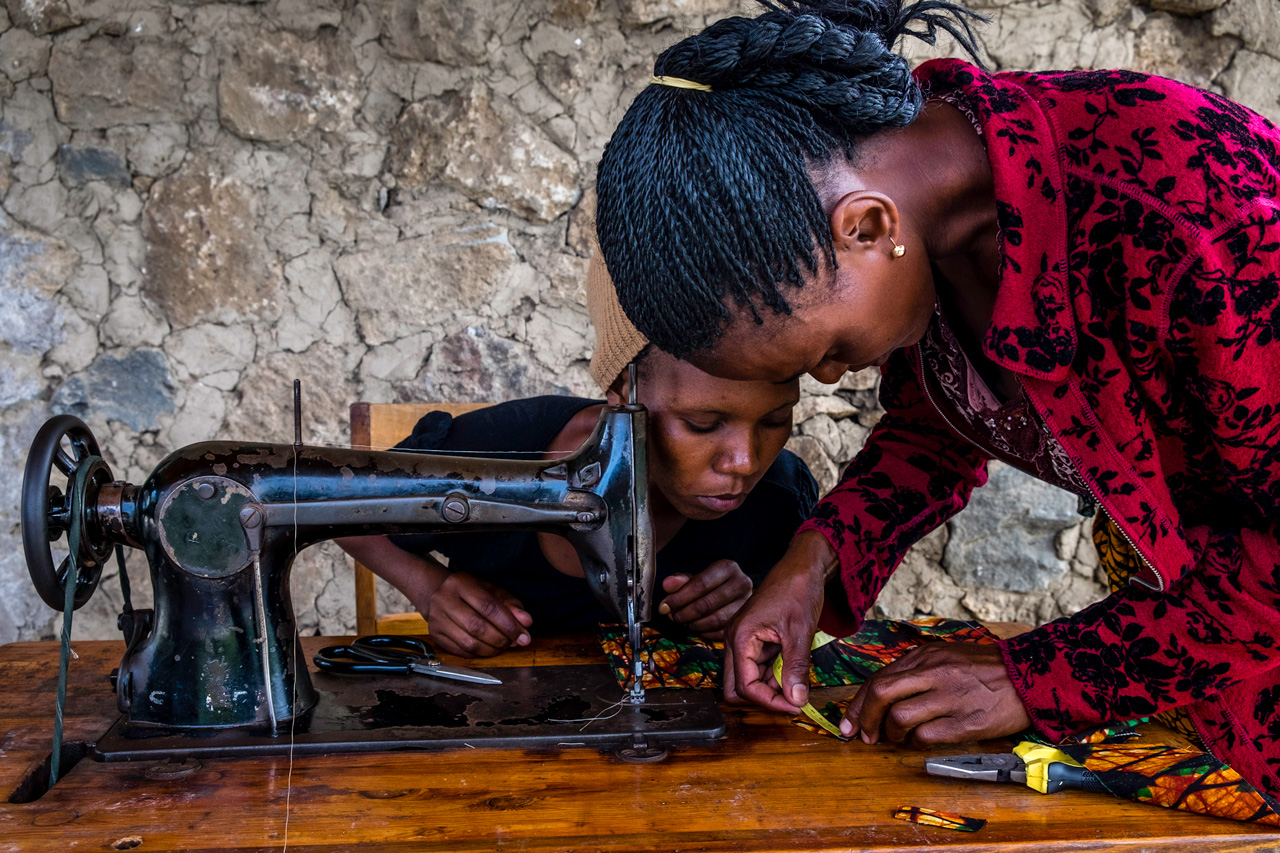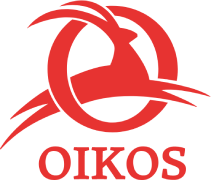TERRA
Integrated actions to increase resilience to climate change of pastoral communities in Northern Tanzania

Coping with the effects of a changing climate
Tanzania is one of the world’s least developed countries and it is seriously suffering from the negative consequences of climate change. First of all the unpredictability of rain, that drains the terrains of the Maasai community, a population of pastoralists, whose sustenance depends on soil. This is the reason why we collaborate with them in order to find tangible and sustainable solutions to face the challenges of a changing climate.
In the wide rangelands in Northern Tanzania, climatic phenomena are no longer predictable: long-lasting droughts and the severe reduction of water resources are a serious threat to the survival of the Maasai community and its livestock, still the only income resource for the inhabitants of this territory today. Local economy, in fact, is almost entirely based on pastoralism and rangelands are overexploited, as it is used as grazing land for more and more bovines and ovines.
In this environment it is crucial to find sustainable and effective ways to improve the well-being of hundreds of thousands of people. Within the TERRA project, that enhances the initiatives of our project Ecoboma, we aim at overcoming a huge challenge: to implement concrete, replicable and low environmental impact solutions that could improve the livelihood of the Maasai community and the health of the environment in which they live.
We respond to the problem of desertification with an ecological monitoring plan that can be useful to identify the most exposed areas to environmental degradation. Then, we develop maps and land use plans in collaboration with the communities, which are actively involved and personally commit to the conservation of rangelands. We work to reduce deforestation through the installation of domestic bio-gas systems – a mixture of natural gas that replaces wood as primary energy source – and the planting of Commiphora trees, perfect substitute for the acacia trees used for boma* fencing. The introduction of drought-resistant cereals, like sorghum and millet, will allow to gradually replace corn, a species that is not suitable for this territory.
In order to offer sustainable economic alternatives to the local population we decided to invest in the vegetable leather tanning sector and in leather manufacturing: in collaboration with Italian experts we launched an inclusive and sustainable social business, managed by 30 Maasai women, to turn what until now has been considered scraps in an income source for the community, honouring local traditions and respecting the environment.
Yet, there will be no change without education: through a broad awareness campaign we make local institutions and students both in Arusha and in Lombardy aware of the issues of climate change. Because everyone contributes to the increase of global phenomena severity and it is important to be aware of it from a young age.
*Boma: a cluster of huts made of mud and dung, set in a circle, with a large space for the cattle and all protected by a common shield of live fence or dried acacia branches.
Il progetto in numeri
180k
potabile in Tanzania
22k+
raccolti a Ibo, Mozambico
52k+
in Mozambico e Myanmar
11k+
di educazione nel mondo
200
di attività economiche
in Tz e Myanmar
1700
in Italia
1700
in Italia
52k+
in Mozambico e Myanmar
1700
in Italia

